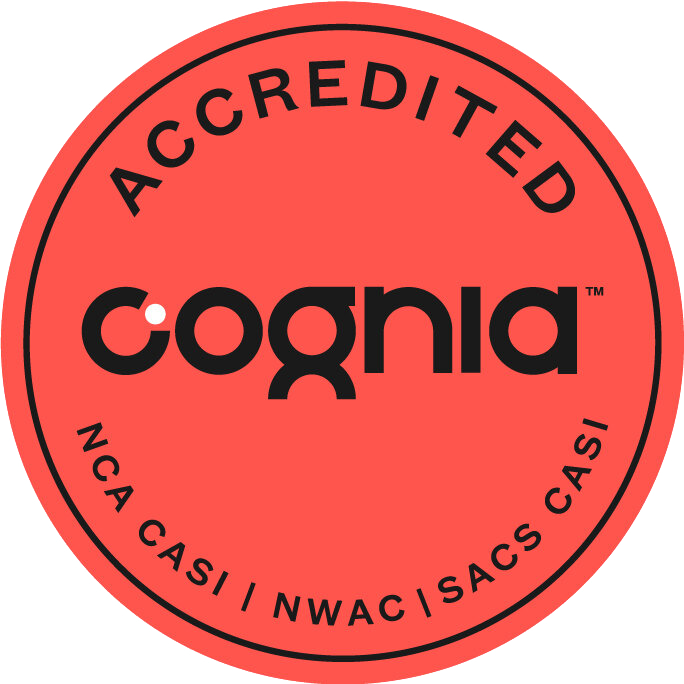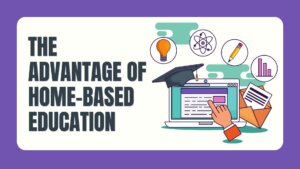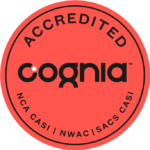
Welcome, parents and caregivers! In this era of rapid digital transformation, online homeschooling has become increasingly popular.
As we navigate the world of education for our children, it’s essential to understand how to assess their progress effectively.
Whether you’re considering a full-time online homeschool or looking for supplemental resources, this guide will provide you with valuable insights and practical tips.
At Ideal School, we believe in the power of online education, and we’ll reference our approach throughout this blog post to illustrate the concepts discussed.
Let’s dive into the world of evaluating student progress in online homeschooling and explore the methods and tools that can make this journey successful.
Table of Contents
Why Assessing Student Progress Online Matters
Before we delve into the specifics, let’s address why evaluating student progress in online homeschooling is crucial. By understanding the “why” behind assessment, we can better appreciate its significance in our children’s education.
Understanding Student Progress in Online Homeschooling
Online homeschooling, such as that offered by Ideal School, provides flexibility and personalized learning experiences. However, without a clear way to measure progress, it can be challenging to ensure that your child is thriving academically.
Meeting Academic Standards
In today’s educational landscape, it’s essential to align with academic standards to ensure your child receives a well-rounded education. Online schools like Ideal School are accredited, ensuring that your child’s education is on par with traditional schools.
Identifying Strengths and Weaknesses
Assessment allows us to identify our children’s strengths and areas that may need improvement. This information is invaluable for tailoring their educational experience to meet their specific needs.
Evaluating student progress refers to the ongoing process of assessing and gauging a student's academic and personal development over a period of time. It involves measuring their knowledge, skills, and understanding of various subjects and concepts, as well as their growth in areas like critical thinking, problem-solving, and social-emotional development.
Homeschool Supplement
Be able to interact with our teachers and experience our live classes.
Book A Demo Class With Us
Choose 1 from our 5 core subject areas.
Types of Assessment in Online Homeschooling
Now that we understand the importance of assessing student progress, let’s explore the various types of assessments commonly used in online homeschooling.
Formative Assessment
Formative assessments are ongoing evaluations that take place throughout the learning process. They help teachers, and parents gauge understanding, identify misconceptions, and make adjustments as needed. At Ideal School, formative assessments are integrated into daily lessons.
Summative Assessment
Summative assessments are typically administered at the end of a learning period to evaluate overall comprehension and mastery of the material. Examples include final exams and standardized tests, which online schools like Ideal School use to ensure academic rigor.
Project-Based Assessment
Project-based assessments allow students to apply their knowledge and skills to real-world scenarios. These assessments promote critical thinking, problem-solving, and creativity. Ideal School often incorporates project-based assessments to foster a well-rounded education.
Self-Assessment and Reflection
Encouraging students to self-assess and reflect on their progress is essential for developing metacognition and self-regulation skills. Online homeschooling, including Ideal School, emphasizes self-directed learning, making self-assessment a vital component.
Tools for Assessing Student Progress Online
Online Learning Platforms
Online homeschooling programs like Ideal School utilize advanced online learning platforms that offer built-in assessment tools. These platforms track student progress, grade assignments, and provide real-time feedback to parents and students.
Digital Portfolios
Digital portfolios allow students to showcase their work, achievements, and progress over time. Ideal School encourages students to maintain digital portfolios, which serve as a valuable assessment tool and a record of their academic journey.
Video Conferencing and Communication
Effective communication between parents, students, and teachers is essential in online homeschooling. Tools like video conferencing facilitate parent-teacher conferences and discussions about student progress. Ideal School encourages regular communication to ensure a supportive learning environment.
Tailoring Assessment to Your Child's Needs
Every child is unique, and their learning styles and preferences vary. As parents, it’s essential to tailor assessments to meet your child’s individual needs.
Personalized Learning Plans
Online homeschools, including Ideal School, develop personalized learning plans for each student. These plans take into account a child’s strengths, weaknesses, and interests, ensuring assessments are relevant and engaging.
Adaptive Assessments
Adaptive assessments adjust difficulty levels based on a student’s performance. This approach ensures that assessments remain challenging yet achievable for your child, promoting continuous growth.
Accommodations for Special Needs
Online homeschooling programs like Ideal School are equipped to provide accommodations and support for students with special needs. Assessments are adapted to meet the requirements of individualized education plans (IEPs).
Tracking and Analyzing Progress
Assessment is not just about evaluating current performance; it’s also about tracking progress over time and using data to inform educational decisions.
Data-Driven Insights
Online homeschooling programs like Ideal School collect and analyze data on student performance. This data allows educators and parents to identify trends, set goals, and make informed adjustments to the curriculum.
Regular Check-Ins
Scheduled check-ins with teachers or educational advisors are essential to discuss your child’s progress. Ideal School encourages these discussions to address any concerns and ensure your child’s success.
Parental Involvement
As a parent or caregiver, your involvement in your child’s education is paramount. Online homeschooling programs like Ideal School provide parents with access to progress reports, allowing you to monitor your child’s achievements.
Conclusion
Embracing the Future of Homeschooling
Evaluating student progress in online homeschooling is essential for ensuring your child’s academic success. With the right assessment methods and tools, tailored to your child’s needs, you can confidently navigate the world of online education. Ideal School is here to support you every step of the way, offering accredited online bilingual schooling for elementary students. If you’re ready to embark on this educational journey, schedule a call with one of our admissions counselors today to learn more about our programs.

Looking for an accredited online homeschool program?
Schedule a call with us and find the best program for your child. Click here and start today!
FAQs
Online homeschooling allows students to learn from home using digital resources and online platforms, following a structured curriculum and schedule provided by the online homeschooling program.
Online homeschooling can be just as effective as traditional homeschooling, as it offers flexibility, personalized learning, and access to a wide range of resources. However, the effectiveness may vary depending on the student’s commitment, parental involvement, and the quality of the online homeschooling program.
Yes, online homeschooling often provides the flexibility to customize the curriculum based on the student’s needs and interests. Many programs offer a variety of courses and subjects to choose from, allowing for a personalized learning experience.
When choosing an online homeschooling program, consider factors such as accreditation, curriculum quality, cost, available resources, and support for students and parents. Research different programs, read reviews, and compare their features to find the one that best fits your needs and preferences.
Socialization is an important aspect of a child’s development. Online homeschooling programs often provide opportunities for students to interact with peers through virtual classrooms, online forums, and extracurricular activities. Additionally, parents can explore local homeschooling groups and community organizations to facilitate socialization opportunities for their child.








